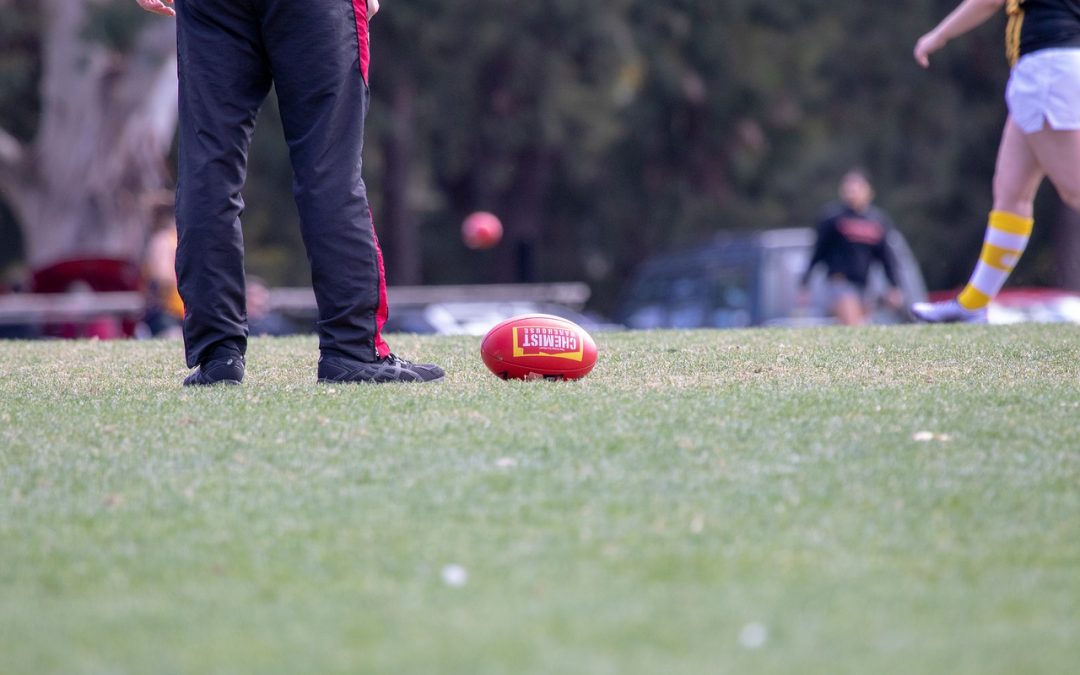by Dr Kai Jensen AE
Presentation by Professor Roly Sussex at the IPEd conference.
For an audience of Australian editors, few things are as fascinating as listening to a professor of linguistics talk about developments in Australian English. It’s a bit like watching the Cambridge Guide to Australian English Usage updating itself.
This was the pleasure we had listening to Roly Sussex, emeritus professor of applied language studies at the University of Queensland and IPEd’s patron.
He opened by comparing editors to boundary umpires in AFL. They have to decide what’s in and what’s out. Later the metaphor morphed. Spoken English, he said, is muscling into acceptable usage. And later still: the penumbra around English – the grey area where we’re not sure whether usage is acceptable or not – is getting larger.
All this (of course) in poised English, the tone wry, with frequent deft comparisons with other languages, and literary allusions.
Some of Roly’s many nuggets of information …
There’s a long-term trend from inflexion to analytical constructions. He recommended Laurie Bauer’s account of this in Watching English Change.
So, for example, ‘whom’ is now only used after prepositions.
Verbs with three tenses (such as swim, swam and swum) are collapsing to two tenses: ‘I swum to the other end of the pool’.
People are more reluctant to use comparative and superlative adjectives (synthesis), particularly for longer adjectives. Instead they add ‘more’ or ‘most’ (periphrasis). So ‘quick, quicker, quickest’ but not ‘gentle, gentler, gentlest’ — rather, ‘gentle, more gentle, most gentle’.
Adjectives ending in -y are still treated synthetically (‘mucky’, ‘muckier’, ‘muckiest’), while those ending in -ly are almost always treated periphrastically (‘sprightly’, ‘more sprightly’, etc.).
With collective nouns (such as ‘team’), Australia is caught between United States usage as a singular verb, e.g. ‘The team is isolating’, and British usage, e.g. ‘The team are isolating’.
He supports ‘they’ as the general pronoun, to avoid having to say, ‘he, she or [these days] they’. He says this is the smoothest and most effective way out of various problems in such contexts.
‘There is’ with a plural apposition is gaining ground: ‘There’s crows in this wood’. (Shakespeare used it; it’s normal usage in French, German, Spanish and Russian; Italian still uses plural verbs.)
Proximal agreement of number and verb is becoming more common in phrases like ‘one in three Australians are missing out’. ‘The number of the noun nearest the verb tends to decide the verb number,’ he says. However, this is still more acceptable in speech than in writing.
Roly has a database of 6107 diminutives — Australians love these and always create new ones. Diminutives ending in -o are more common in WA than in the east, which is why we know that Rocko means Rockingham whereas Rocky means Rockhampton. But, overall, -o diminutives are only nine percent of his data; -y diminutives make up the lion’s share.
Then you must decide whether the plural of a -y diminutive is -ys or -ies – usage varies. You must also decide in how formal a context it’s necessary to stop using an individual’s diminutive: ‘Mr Speaker, I ask ScoMo whether … ’ No, probably not.
This point led to a blizzard of newly-encountered diminutives in the Zoom chat.
Words from Australian First Nations languages are more frequent in Australian English. Rory admires, however, New Zealanders’ ability to pronounce Māori words correctly. (This must have changed since I lived there. I remember a Māori woman saying that when she heard Pākeha pronounce Waikouaiti ‘wackawite’, that’s what she felt like doing.)
As editors we should ensure authors don’t write disrespectfully of races, those with diverse sexual orientations and other human groups. But in a novel like Huckleberry Finn, in which the N-word is woven through a great novel, this raises the question of whether we should remove it or update it.
Roly isn’t convinced by the advice of some resources on inclusive language, such as the Australian National University’s ‘Gender-Inclusive Handbook’, which recommends ‘gestational parent’ instead of ‘mother’. He has linguist friends who want to keep ‘mother’. ‘It’s a conundrum,’ he says.
‘The apostrophe is in trouble,’ he also says.
Other versions of English, such as Indian English, are pushing in through the penumbra: for example, you can now ‘prepone’ as well as ‘postpone’. ‘Whom’ is going the other way — passing out of usage.
‘Mate’ and ‘guys’ for women are now epicene — you may as well accept them.
I asked via chat how he regards the endemic habit of saying/writing ‘[name] and I’ in the object or indirect object position.
‘On that one, we have to draw the line,’ he said, ‘and help people get it right.’
Dr Kai Jensen AE helps organisations improve their policies, does a smattering of academic editing and is active as a poet.
Prof Sussex’s involvement is with the assistance of the Copyright Agency’s Cultural Fund.


